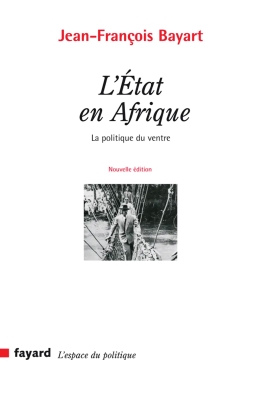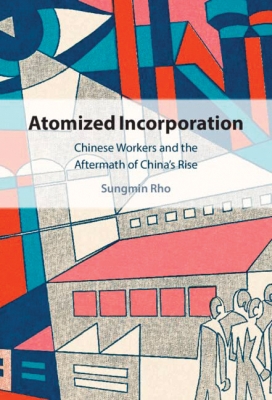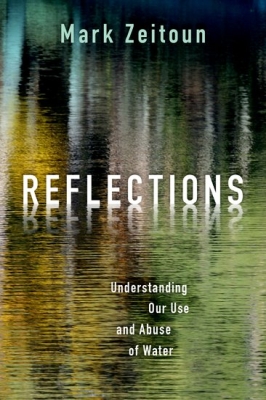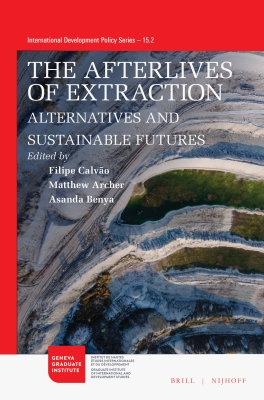
L’État en Afrique: la politique du ventre
Cet essai publié chez Fayard en 1989 (nouv. éd. augmentée 2006) et devenu un classique en sociologie de l’État vient de paraître dans une traduction en japonais de Shozo Kamo. L’analyse des groupes sociaux qui se disputent l’État postcolonial et des différents scénarios qui ont prévalu depuis la proclamation des indépendances permet à l’auteur d’avancer des hypothèses neuves sur la formation d’une classe dominante, sur la dépendance des sociétés africaines vis-à-vis de leur environnement international, sur la place déterminante en leur sein des stratégies individuelles et des modes populaires d’action politique, sur l’importance des réseaux d’influence et des terroirs historiques dans le déroulement des conflits, sur la récurrence des conduites – souvent religieuses – de dissidence sociale, sur l’émergence de cultures politiques originales. En définitive, l’ouvrage propose une lecture à la fois provocante et nuancée de ce qu’il est convenu de nommer le développement et la « politique du ventre », pour reprendre une expression camerounaise.










